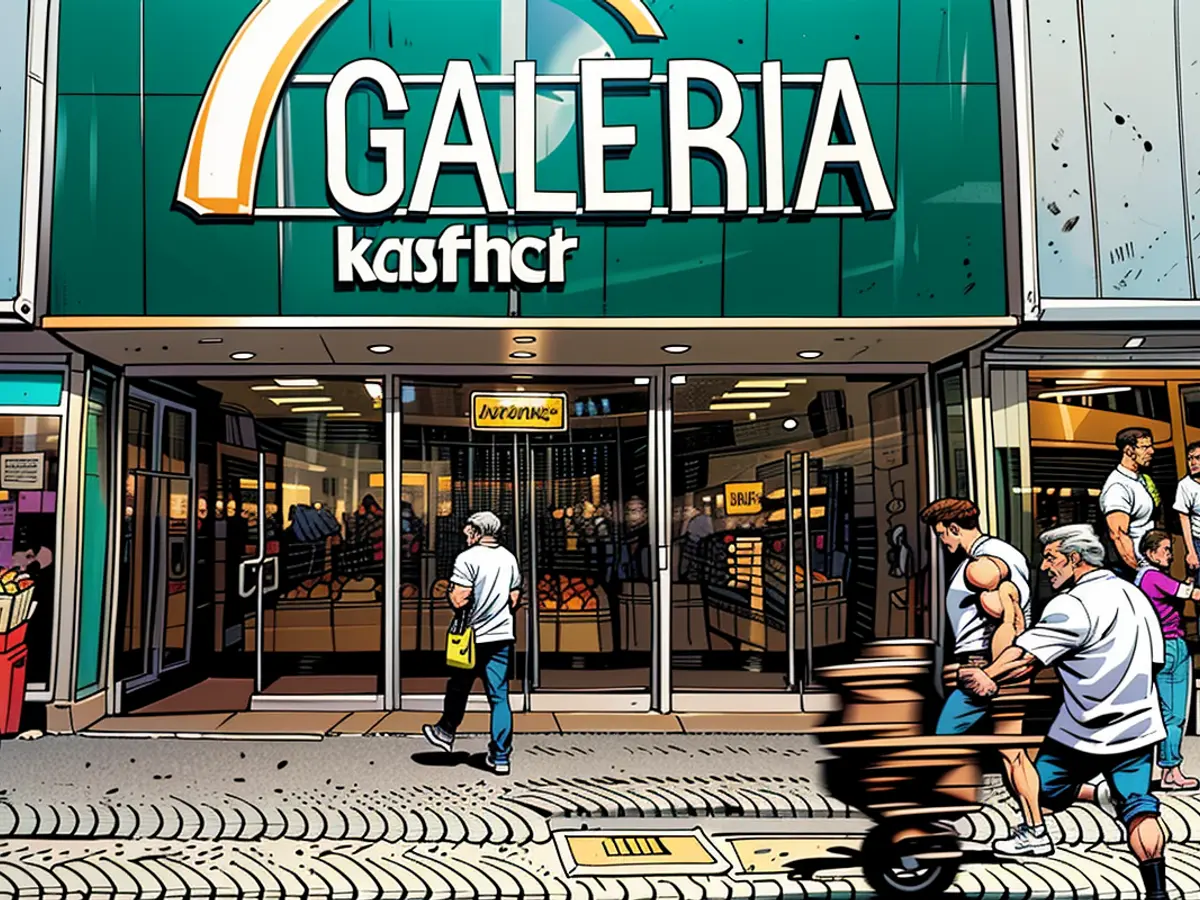The Galeria is reopening with 83 branches
The merger of former rivals Karstadt and Kaufhof barely slowed the decline of department store culture in Germany. Many branches were lost, and ultimately, bankruptcy ensued. The procedure has now ended, and with fresh capital and numerous ideas, the company is ready to try again.
Germany's last major department store group, Galeria, can now embark on a restart. The local court in Essen announced that the insolvency proceedings will be lifted by the end of the month. On August 1, the former Galeria Karstadt Kaufhof (GKK) will start operating under the new company name Galeria. Nine branches will still close in August, but as of September 1, operations will continue with 83 locations, which is intended to be the permanent number.
The company, which employs around 12,000 people nationwide, successfully completed the insolvency proceedings in just under seven months by implementing the insolvency plan. As of August 1, the US investment company NRDC and a holding company of entrepreneur Bernd Beetz will become the new owners of the group.
Insolvency administrator Stefan Denkhaus is optimistic about the future of the company. He says that costs have been significantly reduced in many areas to an appropriate level. "Galeria, as a medium-sized company, now has a good economic starting position and is starting into the future with a nine-digit liquidity."
Politically, new governments usually get a grace period of 100 days. "I would wish the same for Galeria with the new owners," says Denkhaus. "Ideally, 300 days to gradually implement the future concept."
New owner Bernd Beetz says that thanks to the efforts of all parties involved, a foundation has been created that provides the company with a clear outlook for the future. "Now we will start a new corporate culture together with the management and the workforce."
ADAC takes over 70 travel agencies from Galeria
Concepts should be implemented to make branches more attractive, reward performance more strongly, and increase customer satisfaction. "With this, we are building a new, self-confident Galeria, whose 83 branches in city centers will be an important and reliable anchor tenant and a driver of footfall for surrounding specialty stores and caterers," says Beetz.
Recently, the department store group sold its 70 travel agencies to ADAC. Galeria will focus on its core competence as a department store, says CEO Olivier Van den Bossche. "In addition, there will be branch modernizations to create an attractive shopping atmosphere and an ideal shopping experience."
The department store group is currently in crisis, which is also due to the boom in online retail and the resulting decline of shopping streets in city centers. In the 90s, there were several competing department store operators in Germany, but then market concentration began: Kaufhof swallowed Horten and Karstadt took over Hertie. In 2009, Karstadt went bankrupt, and the situation remained tense even afterwards. In 2018, the former rivals merged to form Galeria Karstadt Kaufhof. The decline continued: In 2020, there were still 171 branches, but in the future, there will be less than half of that number.
After the successful completion of the insolvency proceedings, Galeria Karstadt Kaufhof plans to revitalize its department stores. Online shopping has contributed to the decline of traditional department stores, and now, Galeria aims to counteract this trend by creating an attractive shopping atmosphere and enhancing customer satisfaction.
Despite the shift towards online shopping, Galeria will continue to focus on its core competence as a department store. To address the changing retail landscape, the company has officially sold its 70 travel agencies to ADAC, enabling Galeria to concentrate on its primary services.








